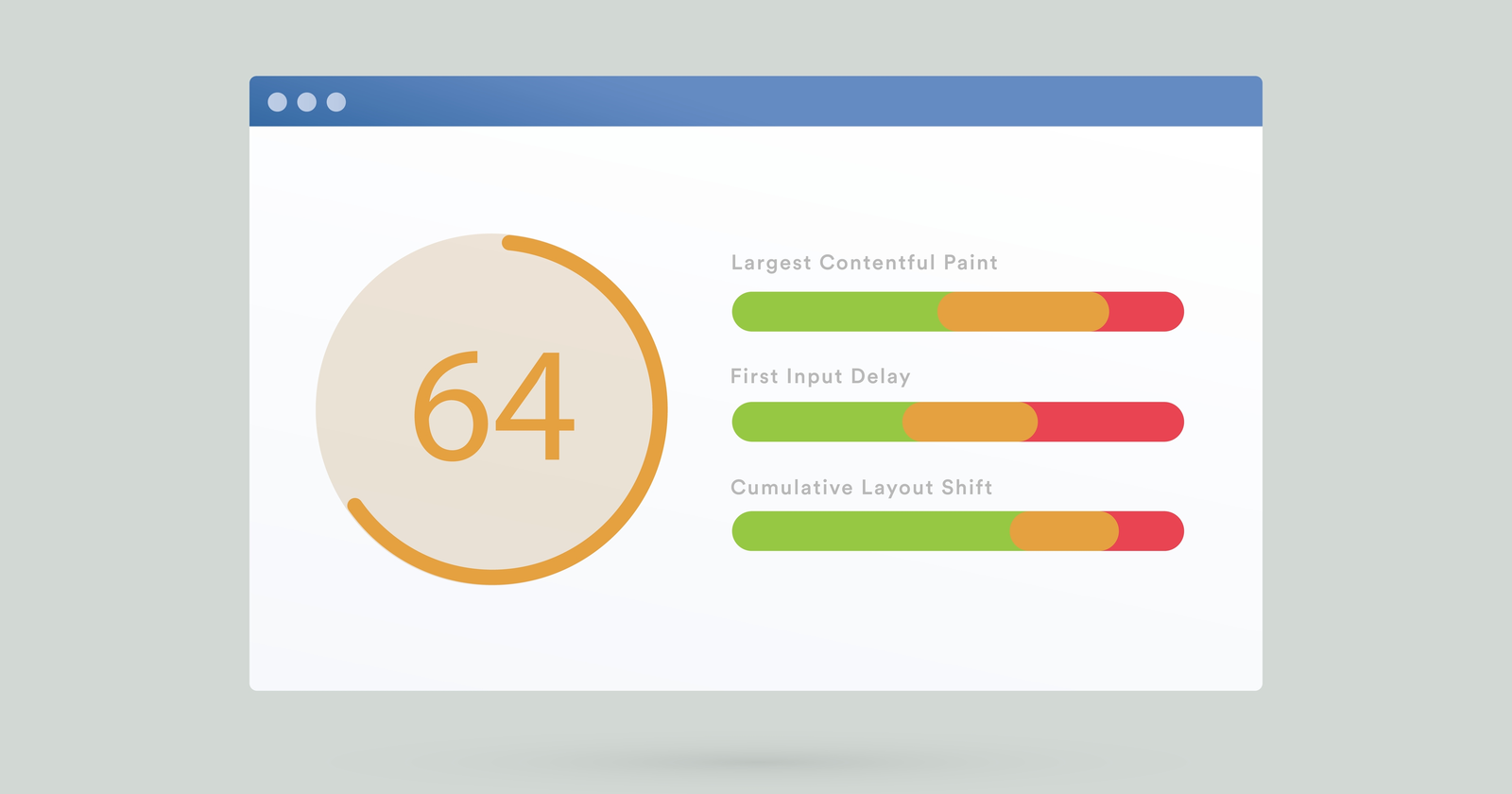Google Hints Lowering SEO Value Of Country Code Top-Level Domains via @sejournal, @MattGSouthern
Google suggests ccTLDs could lose SEO value in years' time due to creative branding use, urging focus on hreflang for international targeting. The post Google Hints Lowering SEO Value Of Country Code Top-Level Domains appeared first on Search Engine...

In a recent episode of Google’s Search Off The Record podcast, the company’s Search Relations team hinted at potential changes in how country-code top-level domains (ccTLDs) are valued for SEO.
This revelation came during a discussion on internationalization and hreflang implementation.
The Fading Importance Of ccTLDs
Gary Illyes, a senior member of Google’s Search Relations team, suggested that the localization boost traditionally associated with ccTLDs may soon be over.
Illyes stated:
“I think eventually, like in years’ time, that [ccTLD benefit] will also fade away.”
He explained that ccTLDs are becoming less reliable indicators of a website’s geographic target audience.
Creative Use Of ccTLDs For Branding
According to Illyes, the primary reason for this shift is the creative use of ccTLDs for branding purposes rather than geographic targeting.
He elaborated:
“Think about the all the funny domain names that you can buy nowadays like the .ai. I think that’s Antigua or something… It doesn’t say anything anymore about the country… it doesn’t mean that the content is for the country.”
Illyes further explained the historical context and why this change is occurring:
“One of the main algorithms that do the whole localization thing… is called something like LDCP – language demotion country promotion. So basically if you have like a .de, then for users in Germany you would get like a slight boost with your .de domain name. But nowadays, with .co or whatever .de, which doesn’t relate to Germany anymore, it doesn’t really make sense for us to like automatically apply that little boost because it’s ambiguous what the target is.”
The Impact On SEO Strategies
This change in perspective could have implications for international SEO strategies.
Traditionally, many businesses have invested in ccTLDs to gain a perceived advantage in local search results.
If Google stops using ccTLDs as a strong signal for geographic relevance, this could alter how companies approach their domain strategy for different markets.
Marketing Value Of ccTLDs
However, Illyes also noted that from a marketing perspective, there might still be some value in purchasing ccTLDs:
“I think from a marketing perspective there’s still some value in buying the ccTLDs and if I… if I were to run some… like a new business, then I would try to buy the country TLDs when I can, when like it’s monetarily feasible, but I would not worry too much about it.”
What This Means For You
As search engines become more capable of understanding content and context, traditional signals like ccTLDs may carry less weight.
This could lead to a more level playing field for websites, regardless of their domain extension.
Here are some top takeaways:
If you’ve invested heavily in country-specific domains for SEO purposes, it may be time to reassess this strategy. Should the importance of ccTLDs decrease, proper implementation of hreflang tags becomes crucial for indicating language and regional targeting. While the SEO benefits may diminish, ccTLDs can still have branding and marketing value. Watch for official announcements or changes in Google’s documentation regarding using ccTLDs and international SEO best practices.While no immediate changes were announced, this discussion provides valuable insight into the potential future direction of international SEO.
Listen to the full podcast episode below:

 BigThink
BigThink 







![Are Brand Keywords Valuable For Every Audience? [Case Study] via @sejournal, @jonkagan](https://cdn.searchenginejournal.com/wp-content/uploads/2022/03/brand-search-622f3cd66ef3d-sej.png)
![Learn To Increase Your Visibility With Real Estate Content Marketing [Ebook] via @sejournal, @BennyJamminS](https://cdn.searchenginejournal.com/wp-content/uploads/2022/06/real-estate-content-featured-62c4398066f34-sej.jpg)





















